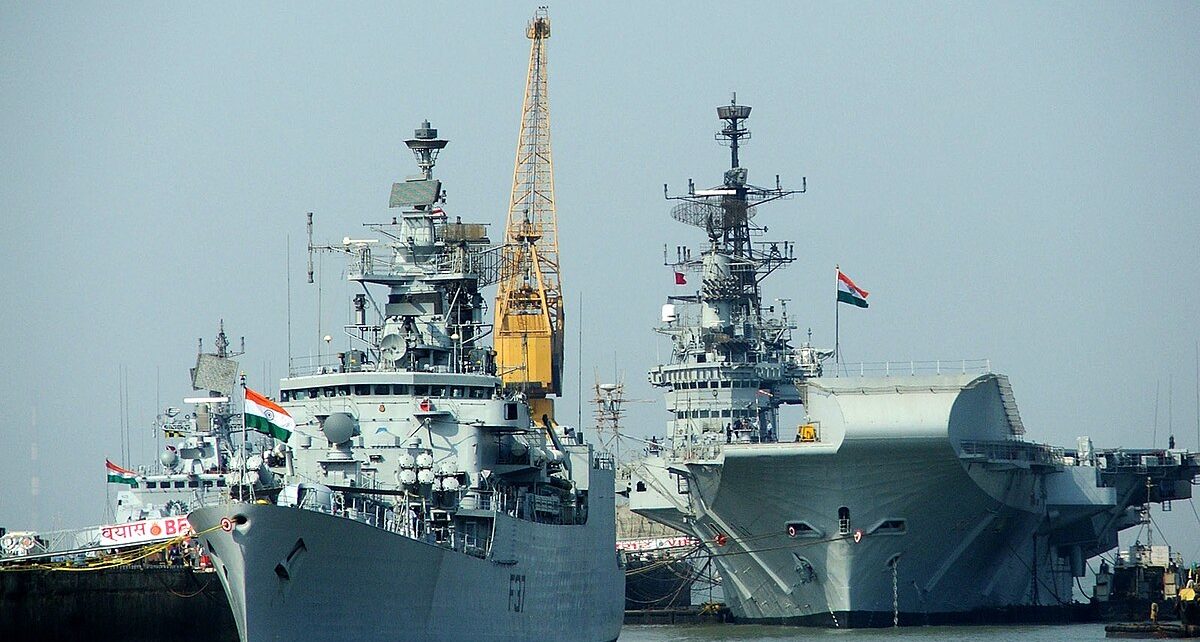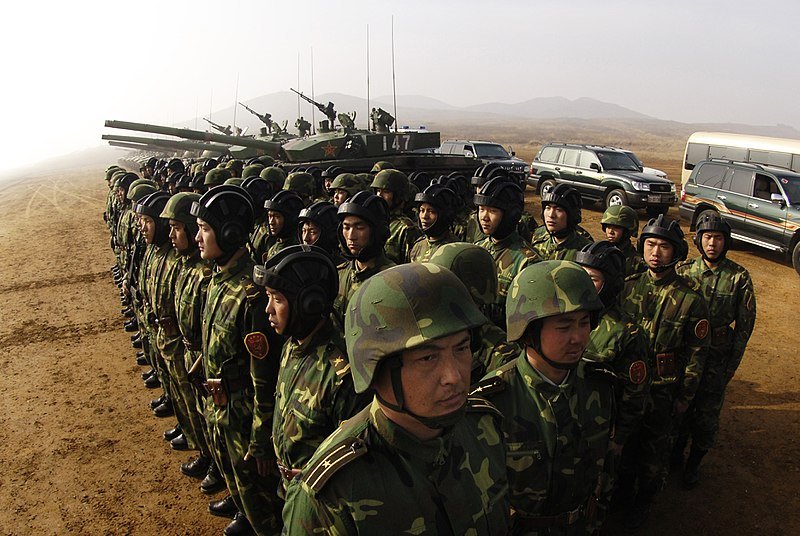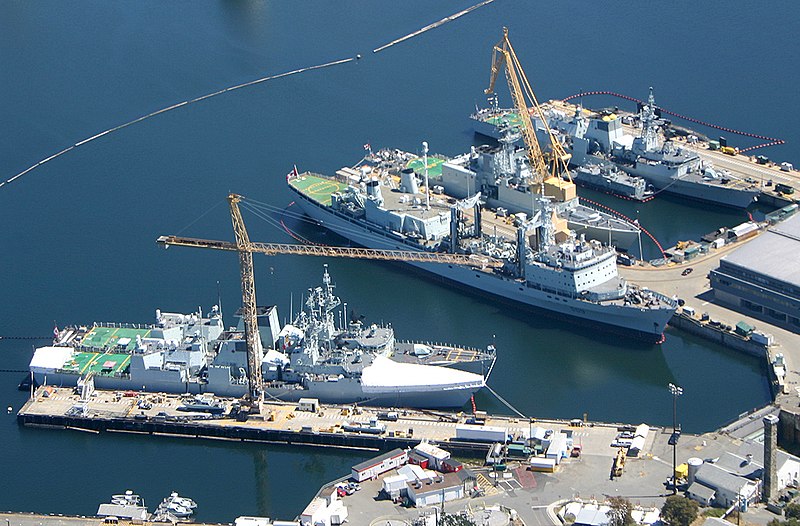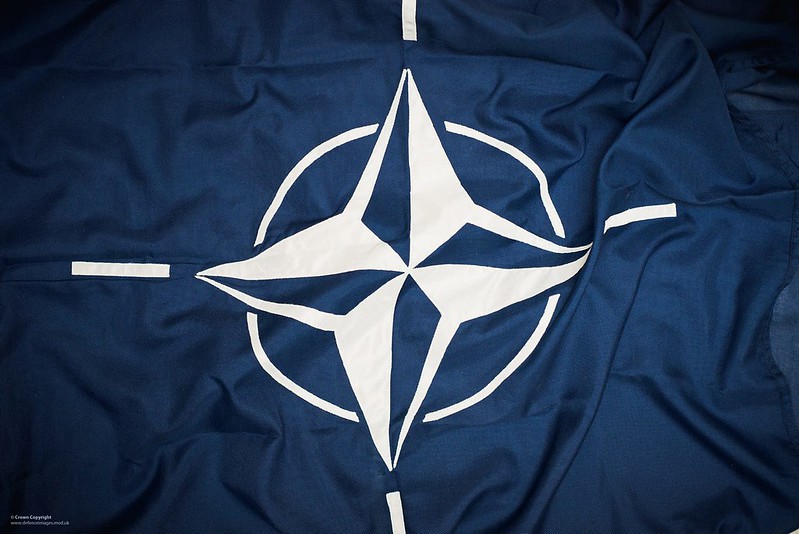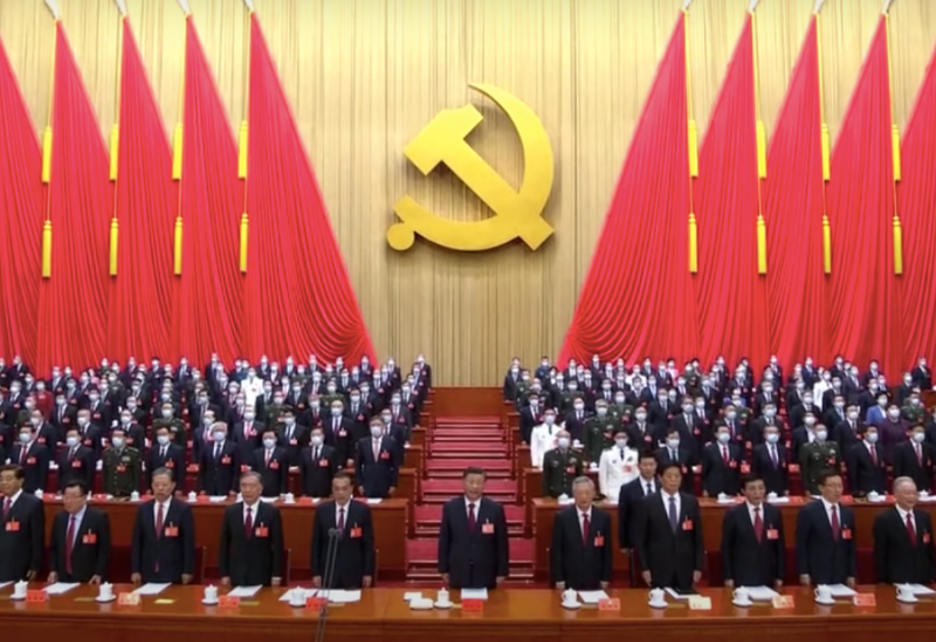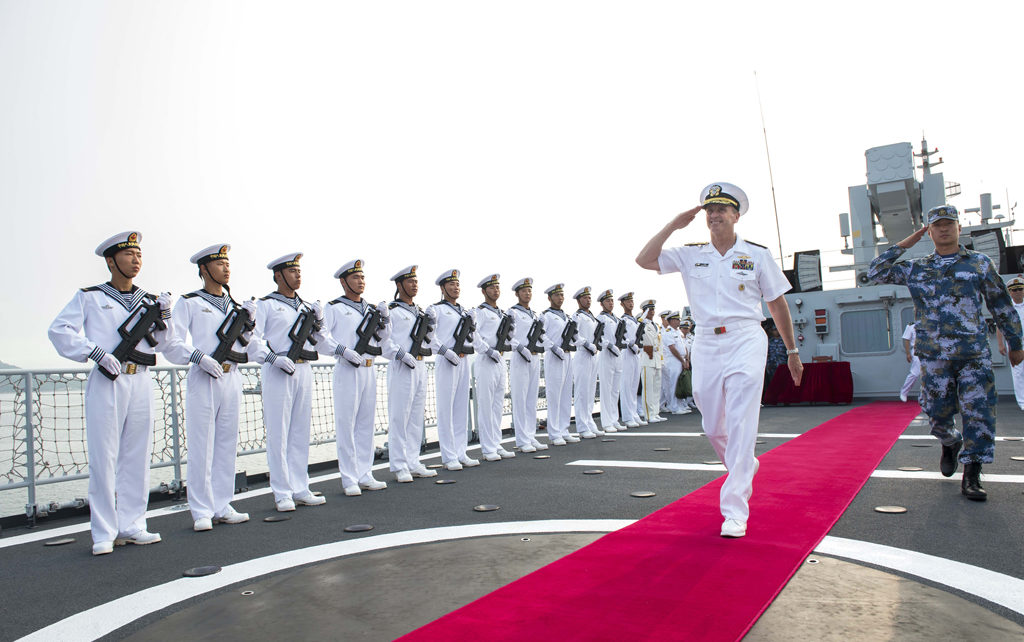China has a significant position in global commercial shipbuilding and its control is growing, granting it a formidable strategic industrial advantage in modernizing and expanding the capabilities of the People’s Liberation Army Navy (PLAN). This is important as the PLAN’s modernization, in numerical and tonnage, combined with its intention to move beyond a littoral naval Read More…
Tag: Indo-Pacific
Roaring Rivals: The Tiger and the Dragon, and the Indo-Pacific Chessboard
India and China are forecast to be the second and third-largest economies in the world by the turn of the next century. The dynamics between these powers demonstrate an uneasy competition as each state tries to increase its own sphere of influence at the expense of the other. These dynamics are thus a mixture of Read More…
China’s Ascendance: Its History and Hazards – Part 1: China’s Rising Influence
In recent decades, China has established itself as a nation with global interests and the ability to fundamentally affect world order. In the past, the international community was more passive about China’s ascent. However, now that the West is becoming more aware of China’s growing power, the question naturally arises: Is China a threat? Some commentators claim that China’s Read More…
The Geostrategy of China’s Belt-and-Road Initiative: Policy Options for NATO Member-States and Global Partners in the Indo-Pacific
Abstract: How should NATO member-states and global partners approach the geostrategic dimension of the BRI? In this article, Program Editor Mark Davis Madarang Pablo examines the expansion of military and paramilitary activities in developing countries linked with China’s emerging integrated network of mega-infrastructure projects across the Indo-Pacific. All Roads Lead to Beijing? The Geostrategy of Read More…
Canada’s Indo-Pacific Strategy: An Overdue Conversation
Canada has recently published its long-awaited Indo-Pacific Strategy (IPS), which provides a comprehensive roadmap for managing opportunities and mitigating threats in the region. There are plenty of each: the opportunities to increase trade, bilateral foreign direct investment (FDI), and “person-to-person” connectivity (i.e., educational exchanges or cultural programs) are extensive across the theatre. Similarly, however, the Read More…
Should NATO Expand to include non-European States?
NATO has undergone several periods of expansion throughout its long existence. From the original 12 member states in 1949, NATO has expanded to include 30 members now, plus the imminent accession of Finland and Sweden to the alliance. NATO’s expansion has at times been controversial. After the fall of the Soviet Union, many argued that Read More…
The Taiwan Visit: Canada moving past megaphone diplomacy for its Indo-Pacific Strategy?
In this article, Research Analyst Andrew Erskine examines the recent trip to Taiwan by an all-party Canadian delegation. Specifically, he examines whether the trip offers a new glimpse into Canadian diplomatic thinking, one that is moving past megaphone diplomacy, for the country’s forthcoming Indo-Pacific strategy.
Canada Urgently Needs a National Security Policy
It has been a busy year for policymakers and strategic thinkers in Canada. Confronting Russian aggression in Europe, balancing the Chinese and Indian relationships, and isolating the Russian economy has proven to be difficult. Domestic unrest due to supply-chain disruptions and exorbitant energy and fuel cost increases has proven to be equally challenging in many Read More…
Xi Jinping Defiant: Cause for Concern Following China’s 20th Party Congress
Can Canada expect increased friction with Beijing? Following the 20th Party Congress, Canada is right to be concerned about China.
Nothing is Foreign Here: China, Japan, and the Influence of Narratives within American Policymaking
How do stories shape domestic articulations of foreign policy? In this special report, Jack Burnham discusses how the narratives surrounding the rise of China and Japan shaped American foreign policy debates.


